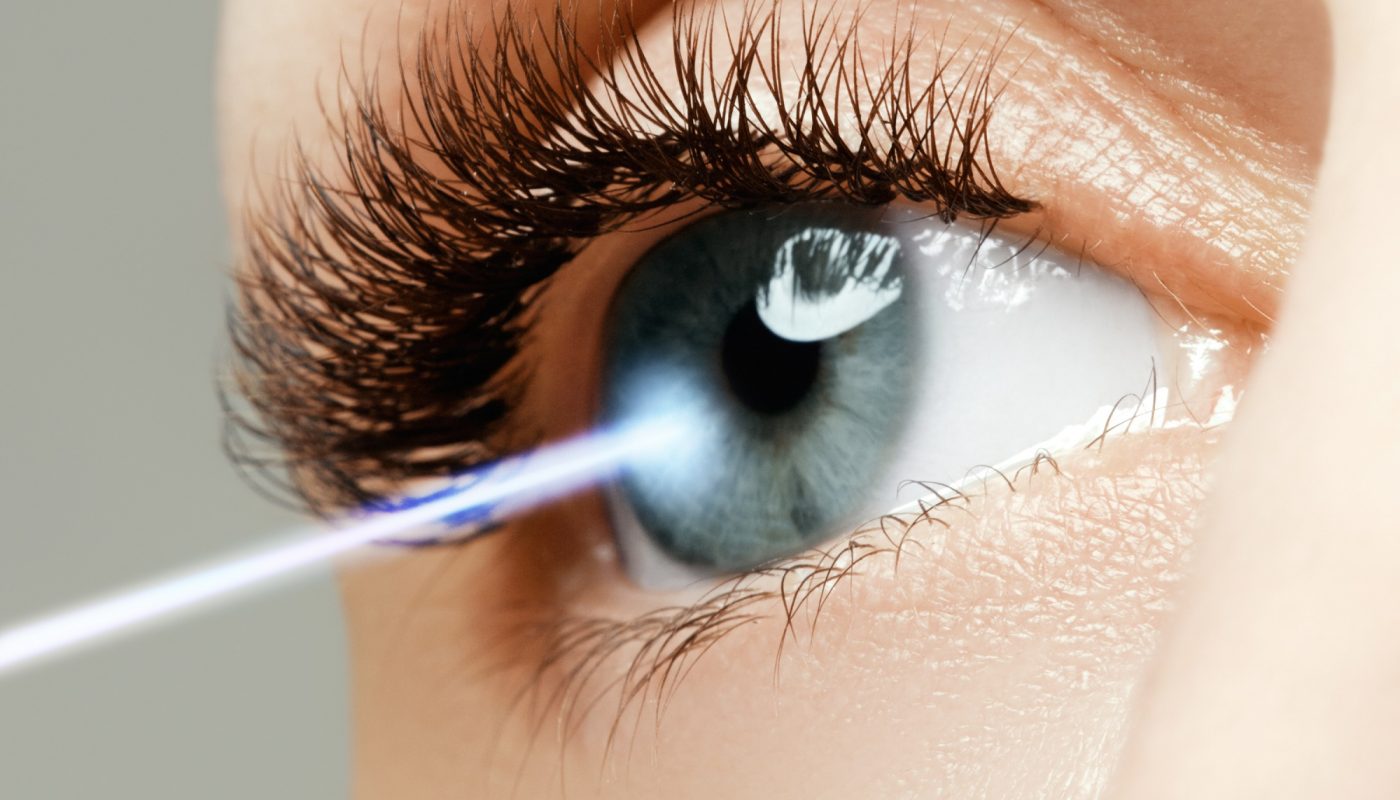For the past seven centuries, eyeglasses were the only practical way to correct refractive vision errors until contact lenses were popularized around the 1950s. But in recent years, there have been even more modern advances in the field of corrective eye surgery, such as LASIK (laser-assisted in situ keratomileusis). A laser is used to reshape the cornea, which is the transparent front part of your eye that covers the iris, pupil, and the anterior chamber. This surgery aims to improve the way your eye focuses light rays onto your retina. An artificial lens is inserted into the eye that can help refocus light rays to sharpen your previously weakened vision.
People who have undergone LASIK surgery have reported little to no discomfort right after the procedure and even stated they had clearer vision within a few hours. This refractive surgery can help patients diagnosed with myopia (nearsightedness), hyperopia (farsightedness), and astigmatism, but this procedure can’t correct or prevent presbyopia, the age-related loss of focusing power for seeing near objects. Here is a breakdown of eye conditions that LASIK surgery will help improve:
- Myopia -This is a common vision condition where objects that are near to you appear clear, whereas objects far away appear to be blurry. This eye issue can occur if the eyeball itself is too long, causing the light rays to bend incorrectly. Images appear in front of the retina rather than directly on its surface.
- Hyperopia – This condition is also referred to as “hypermetropia,” another common vision issue where distant objects appear clear but up close objects appear blurry. In this situation, the light rays focus behind the retina rather than directly on it.
- Astigmatism is another common vision issue that causes blurred vision regardless of whether objects are near or far. It occurs when the cornea is irregularly shaped. This causes blurry, fuzzy, or distorted vision.
- Presbyopia – Even though LASIK can’t correct this condition, it is important to mention it. This issue develops as people get older as it is natural that the lenses become harder and less elastic resulting in difficulty identifying and seeing objects that are nearby.
If you are ready to undergo laser vision correction in Los Angeles, contact the best eye professional to have your eyes evaluated. Ask your eye doctor if you are a good candidate for this corrective eye surgery and prepare yourself to have a clear vision!



